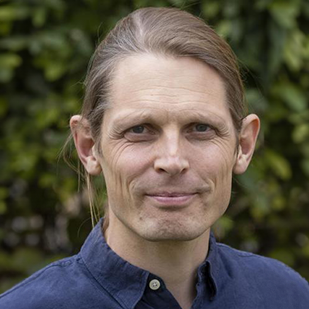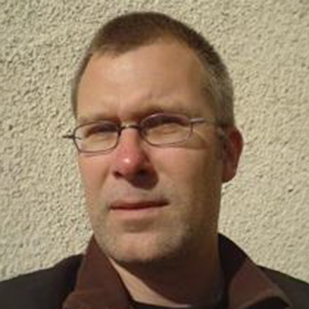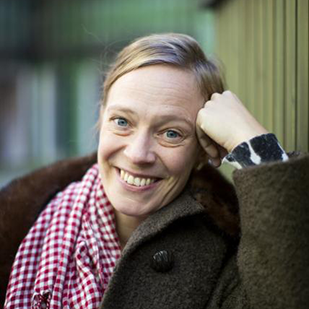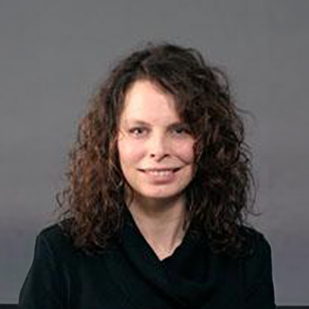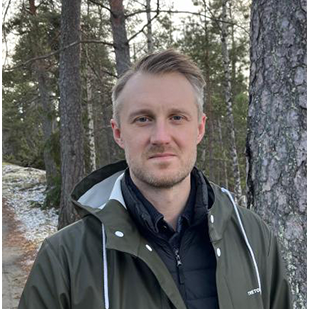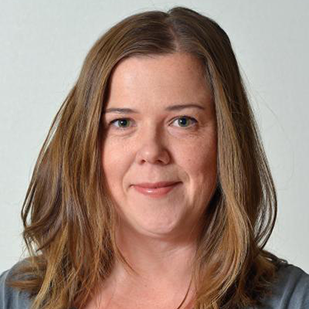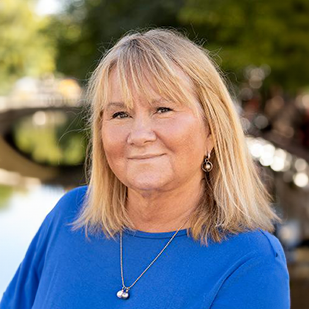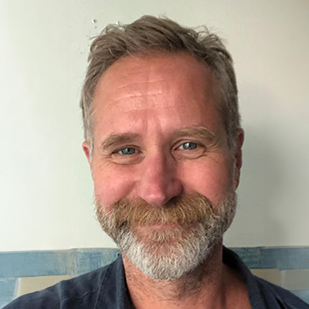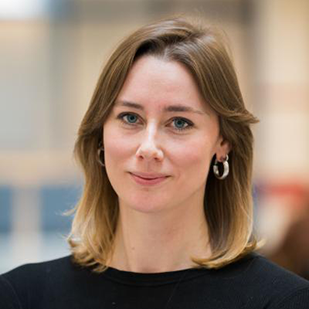Current Research Projects
Theme 2: The universities and their relations to Swedish democratic institutions
Does higher education make people better democratic citizens?
In this project, we propose to study how a particular democratic skill - the willingness and ability to consider others' interests in political life – develops during higher education. Democracy's promise to be a form of government that shows equal concern for the interests of all citizens and respects all citizens as equal political actors is undermined by patterns of unequal participation. This can be compensated for by those who participate, if they consider interests other than their own. The purpose of this pilot-project is to test whether higher education contributes to or undermines the development of this democratic skill. We will conduct survey studies among students in a selection of educational programs at Uppsala University. The purpose of the survey is to capture differences in democratic skills as consequences of undergoing higher education.
Project members: Johan Wejryd (project leader), Oskar Hultin Bäckersten and Jonas Hultin Rosenberg, Institute for Housing and Urban Research
Project period: 2024-2026
Akademiska – och andra – friheter: den akademiska friheten i ljuset av diskussionerna om ”cancelkultur” och ”aktivism”
See the English version for more information on the research project.
Project members: Otto Fischer (project leader), Mirey Gorgis, Department of Literature and Rhetoric and Johan Sehlberg, Culture and Education, Södertörn University
Project period: 2024-2026
Promoting equality and pluralism through supervision in higher education?
As observed by Nelson Mandela, education is at once “the great engine of personal develop-ment”, and a resource that empowers individuals to change their life trajectories and impact the world around them (Mandela 1994, 166). Yet this resource remains unevenly distributed, with far-reaching implications for democracy. Research on political participation consistently shows that inequalities in education are transmitted into the political sphere. A question that follows is what universities can do to support students from less privileged backgrounds, and promote plu-ralism.
The writing of a thesis is an important step in students’ education, where student-teacher interactions matter crucially. How does thesis supervision shape outcomes for students of di-verse social backgrounds in terms of completion rates, the quality of the thesis, deep learning, and scientific curiosity? We will implement student surveys within Uppsala University, to as-sess if and how supervision can moderate the effect of social background on important student outcomes.
Moa Mårtensson och Johanna Söderström, Department of Government
Project period: 2023-2024
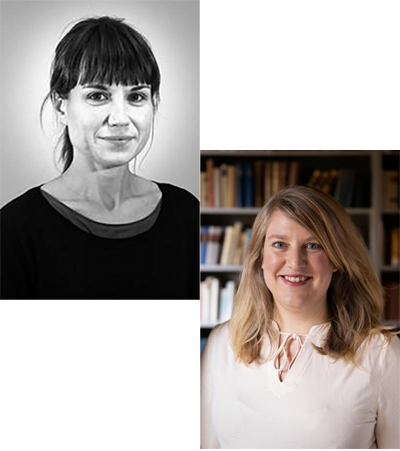
Moa Mårtensson (överst) and Johanna Söderström
Svensk ekonomiutbildning, eliter och demokrati – en teoriöversikt
See the Swedish version for more information.
Anna Tyllström, Department of Business Studies
Project period: 2023-2024
The universities and their relations to Swedish democratic institutions Academic freedom and responsibility in legal norms and processes
This project furthers knowledge and understanding of legal and institutional guarantees for protection and limitation of academic freedom. Through legal scientific analysis, the project contributes to broadened interdisciplinary knowledge about the role and conditions of academia and the academic profession in a democratic rule-of-law state today. The project reveals how academic freedom is defined in law, how it is protected and limited through Swedish law and legal processes, and how legislators and courts, as well as the universities themselves, balance academic freedom against other interests. This involves, among other things, ensuring research quality and research integrity, or assessment of academic freedom in the communication of research that could be perceived as offensive by recipient individuals or groups. The project involves analyses and problematization of the universities' democratic task and role, as well as the balancing of academic freedom against other societal interests and rights in legal norms and processes.
Annika Nilsson, Department of Law
Theme 3: The universities and the global democratisation of nations
“A More Perfect Union? Public Scholarship and the United States Constitution in a Polarized Society”
The U.S. Constitution of 1787 created the American political system and remains “the supreme law of the land.” In recent years, it has been at the center of political debates related to its role as a tangible vessel for the promises of democracy, justice, and freedom. The Constitution may be non-partisan, yet it is today interpreted within a polarized political landscape, where some observers fear the collapse of the democratic system. The purpose of this project is to investigate the role of academic scholars in this public negotiation of the U.S. Constitution. This is achieved through a study of the public scholarship of the National Constitution Center (NCC). Created as an explicitly “non-partisan” institution by the U.S. Congress and opened in Philadelphia in 2003, the NCC is today a central point of contact between scholars and the American public on all issues broadly related to the Constitution—including voting rights, racial justice, climate change, and abortion. How do academic scholars navigate the fraught reality of polarization when making sense of the U.S. Constitution?
Adam Hjorthén, The Swedish Institute for North American Studies (SINAS), Department of English
Project period: 2024-2015
The link between gender norms, democratic values and higher education: Exploring survey data from three states in India
This project explores the linkages between gender norms, higher education, and democratic values. More specifically, it asks whether people with higher levels of education demonstrate stronger democratic norms and if this relationship is gendered. The case in focus is India, a country which in recent years has witnessed significant democratic backsliding – a trend that also impacts higher education as it involves infringements on academic autonomy. The analysis is based on survey data collected in the three states Assam, Chhattisgarh and Kerala (400 respondents per state; in total 1200). The analysis will unpack the concept of democratic norms to three sub-themes: political interest, political tolerance, and respect for peaceful democratic engagement. When exploring whether the relationship between education level and democratic norms is gendered, the project will analyze both if the link is different between men and women, and whether they differ depending on the respondents’ views on gender equality.
Erika Forsberg, Department of Peace and Conflict Research
Project period: 2024-2015
Academic Transition in a War-torn Democracy: Understanding the Limited Lack of Implementation of Higher Education Reforms in Ukraine and Developing Mitigating Strategies
Information uppdateras inom kort.
Project members: Li Bennich-Björkman (project leader), Dmytro Yefremov, Department of Government and Yuliya Krylova-Grek, Institute for Russian and Eurasian Studies (IRES)
Project period: 2024-2026
What is it good for? Reading, literature, and knowledge creation in a digital media ecology
The reading of literature is often considered foundational for the creation of knowledge and democracy in modern societies. Crucial qualities such as memory, reflection, interpretation, imagination, and empathy are cultivated here. At the same time, the contemporary debate is characterized by an imminent sense of crisis, manifested in everything from deteriorating school results to the worries around social media. But what do we talk about when we talk about reading? It is, after all, a practice that has changed throughout history. The aim of this project is to explore the shifting conditions and modes of reading novels, essays, and poetry in a situation where digital technology has transformed the forms of production and distribution. What new (and old) ways of reading can be observed? What qualities, values, and forms of knowledge are attached to them? And how can historical comparisons shed light on the current condition and sense of crisis?
Jesper Olsson, Department of Literature and Rhetoric
Project period: 2024-2015
Sharp critics or progressive citizens? Higher education and authorian strategies in Uganda
Democratic processes often begin at universities. Higher education is said to shape critical citizens, promote progressive ideas, and create platforms for mobilization. At the same time, modern autocracies employ various legitimization strategies to appear modern and progressive, to gain acceptance among citizens and the international community, and thus avoid pressure to introduce democratic elections. One such strategy is the introduction of gender equality legislation. This strategy poses challenges for higher education in authoritarian states: the two approaches – critical thinking and progressive ideas – do not necessarily go hand in hand in such situations. Individuals who stand up for progressive ideas such as increased gender equality risk serving the authoritarian regime's interests and strengthening its legitimacy. And if they remain critical of the regime's legitimization strategies, they may compromise their progressive ideals. With empirical focus on Uganda, the research project examines how individuals who have undergone – or are active in – higher education navigate this tension. To tackle this task, we use various methods, such as survey experiments and interviews.
Pär Zetterberg and Elin Bjarnegård, Department of Government
Project period: 2024
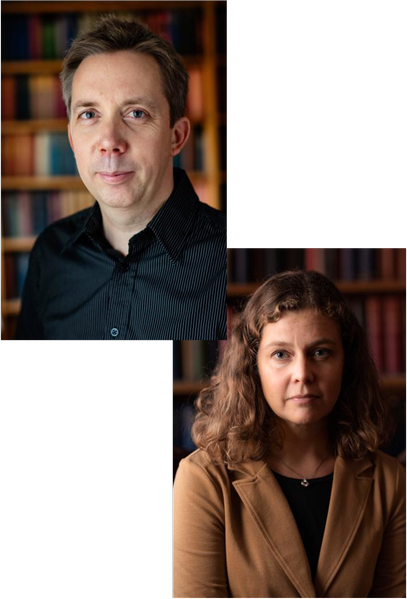
Pär Zetterberg och Elin Bjarnergård
Can higher education counteract democratic erosion? Micro-level evidence on the political impact of university studies in non-consolidated democracies
The world is facing a global recession in the level of democracy. Characteristic of this current wave of autocratisation is that popularly elected leaders subvert democratic institutions from within, raising the question of when ordinary citizens will serve as a check on such democratic violations. This project addresses this issue by asking: What is the role of higher education in promoting resilience to democratic backsliding in non-consolidated democracies? We explore this question using data from an original post-election survey to be conducted after the 2023 elections in Nigeria. Using survey experiments, we will study how university studies affect citizens' willingness to challenge government transgression on democratic norms, such as undermining electoral fairness and violating civil liberties. With this, we hope to expand our understanding of what makes new democracies resilient to authoritarian threats.
Annekatrin Deglow, in collaboration with Hanna Fjelde, Department of Peace and Conflict Research

